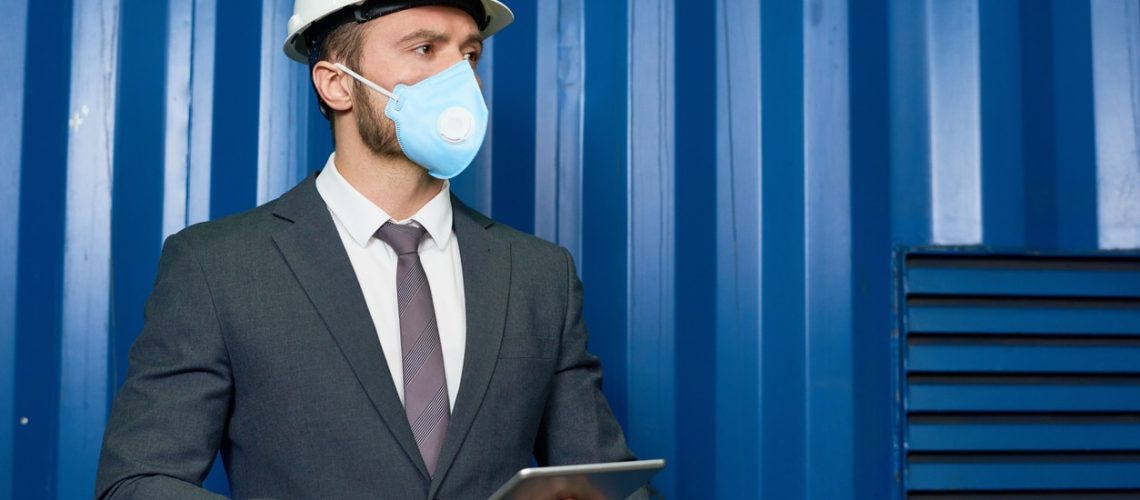Employers want to keep their employees happy and healthy at work. Regular risk assessments as well as safety tools and measures are a large part of this. When assessing the risks associated with a workplace, air quality may not make it to the top of the list, however it is a component of the environment that should not be overlooked.
Air quality can be a contributing factor to occupational illness that can result in temporary time loss or permanent disability for employees. Air quality becomes the employers responsibly if there is a risk of significant workplace exposure to harmful substances such as particulate, fumes, or pathogens. When poor air quality can be linked to the demands of employment, an employee may be compensated through the Workers Compensation system in Canada for any resulting adverse effects.
The last couple of years have shown that the responsibility of enforcing public health measures has largely fallen to businesses and their employees. Employers have moral and financial interests in improving the air quality of their work spaces. Identifying potential risks is one component of keeping workers and business safe, the other is finding effective tools to mitigate the risk. Investing in the appropriate infrastructure to improve air quality may be required depending on the needs of a business.
Many employers want to make improvements to their places of business and create a healthier environment for the reasons mentioned above and more, however the upfront costs may be intimidating for small business still recovering from the effects of the last two years. The government of Canada has created a small business air quality improvement tax credit to help small business invest in tools that can improve air quality for their employees and customers. This tax credit can go toward investing in upgrades to heating, ventilation, and air conditioning as well as the purchase of standalone devices.


